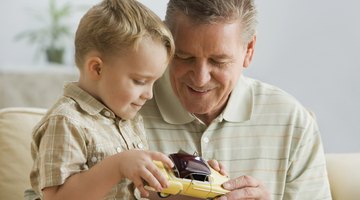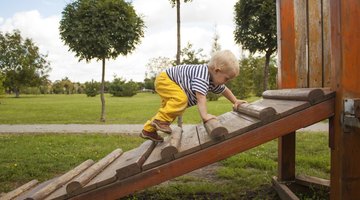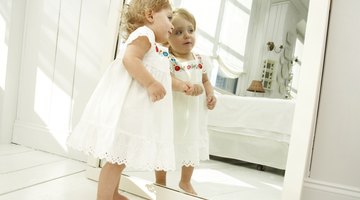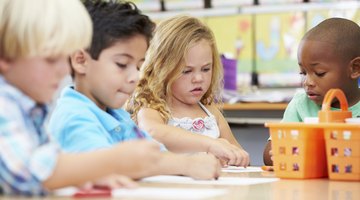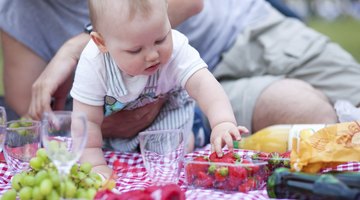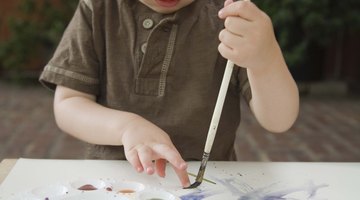How to Teach Violin to a Toddler
Learning an instrument is an individualized process for most learners, which is why many parents choose to enroll their children in private music lessons. Music lessons can begin from a very early age, and children as young as age 2 or 3 can be good candidates for picking up an instrument. The piano and violin are two of the most common first instruments for toddlers. While learning the violin presents its own challenges for toddlers, it can also be a rewarding experience that provides lifelong skills to your child.
The Suzuki Method
Explore the Suzuki Method, developed by Shinichi Suzuki, which continues a tradition of teaching instruments to young children. In this method, parents hold a great deal of responsibility, as they must take their children to lessons twice a week and must also practice with them at home. Toddlers first learn the music by rote, which means they are instructed to play the violin by repeating what their teacher does. Note reading is introduced later in the program. This method employs both group and individual lessons, so toddlers gain opportunities for social interaction and group playing. Toddlers learn by repetition and through a simple step-by-step process.
Private Music Lessons

How to Calm Down a Wild 3 Year Old
Learn More
Sign your child up for private music instruction. In this form of instruction, qualified instructors teach children how to read music while working one-on-one. Parents are often encouraged to help their children practice at home, but they typically are not involved in the lesson itself. While recitals commonly take place, children in private lessons rarely interact with other violin students; teachers are able to tailor the lesson, however, to individual needs and strengths of the toddler.
Challenges
Consider waiting a bit before entering your child in violin lessons. Toddlers lack fine motor control necessary for playing an instrument, and steady practice is required for improvement. Other challenges of teaching violin to toddlers include helping them play in tune and keeping them engaged to prevent boredom. It takes time and effort to correct fingering, use tape or stickers to show the toddlers where to place their fingers, and create games to teach musical fundamentals such as note reading and rhythm.
Expectations
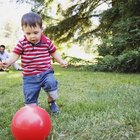
Things That a 20-Month-Old Should Learn
Learn More
Have realistic expectations of your toddler’s beginning violin lessons. Toddlers can learn to play the violin, but they must be willing to put in lots of practice. The first step is to teach toddlers how to stand and hold the violin. Then, they learn a basic method called pizzicato, which simply involves plucking the string. They might also begin practicing holding a pencil, which strengthens the right hand for holding the bow with a proper hold. Toddlers then move on to playing with the bow and achieving a clear tone from the violin. Finally, teachers implement the left hand, which is responsible for pitch manipulation. Teachers should balance equal parts of nurturing the student and encouraging improvement in areas of weakness.
Conclusions
Consider both traditional private lessons and the Suzuki Method, which is an ever-popular way of teaching violin from a very early age. Teaching violin to toddlers is a highly individualized process, but many students do follow a similar path of learning how to hold the instrument to the different ways of playing it. No matter how toddlers learn how to play the violin, practice and encouragement is necessary for success.




